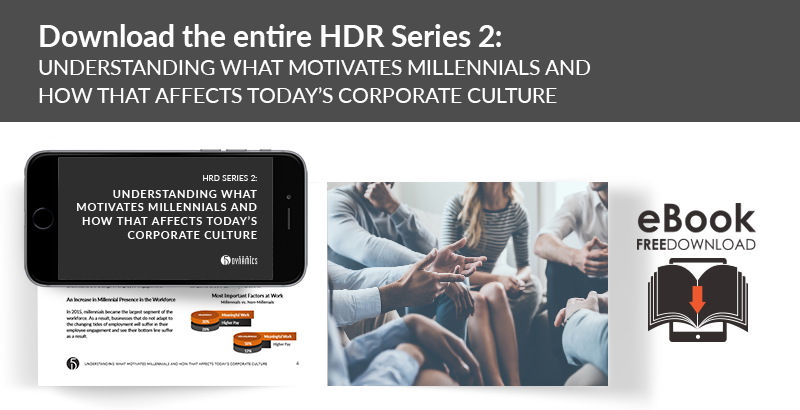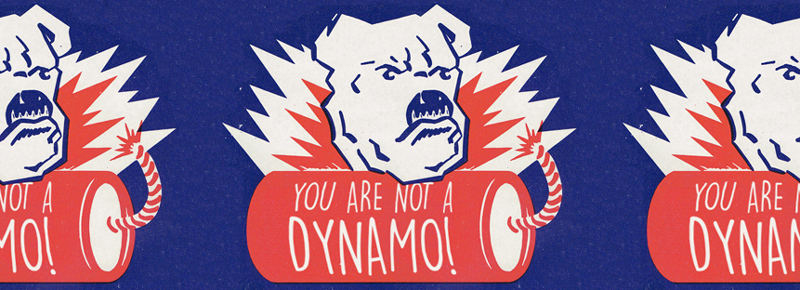Understanding the Shift in Millennial Employee Engagement

The best way to manage the increase of millennials in the current workforce is to understand the motivations that drive them in their career choices. Business practices that were effective for previous generations do not translate to the new generation due to the difference in technological capabilities and motivation. In order for a business to adapt, we first need to understand the change in millennial employee engagement.
Increasing Millennial Presence in the Workforce
In 2015, millennials became the largest portion of the workforce. As a result, businesses that do not adapt to the changing tides of employment will suffer in their employee engagement and see their bottom line suffer as a result.
In a study by Levit and Licina, millennials who were surveyed showed stark differences to older generations when asked about the most important factors at work. Thirty percent of millennials stated that the most important factor is “Meaningful Work” compared to 12 percent for older generations. Interestingly, only 28 percent of millennials stated “Higher Pay” was the most important factor compared to 50 percent of older generations.
Technology has also enabled the entrepreneur to achieve heights that previous small business owners struggled to achieve due to the challenge of globalization and mass marketing. A recent New York Times article shows a record number of startup organizations being valued at $1B or higher due to the power of increasing technology. Opportunity for entrepreneurs and employees to shape their own future makes a more “traditional” business practice undesirable at best. Companies that wish to increase employee engagement within this new workforce have no choice but to shift their practices in order to keep up with current trends.
The Issue with Millennial Motivation
This new generation is driven by an internalized sense of mission and purpose. Research shows that millennials desire social responsibility, ethical motivation, and environmental consciousness. Fostering this desire will increase employee engagement and productivity.
That being said, Millennials place great emphasis on ensuring that their role in business has impact. A 2016 Deloitte report states that 63 percent of millennials do not feel that their leadership skills are being developed which is problematic for the next generation of leaders. In a previous Deloitte report, 75 percent of millennials in 2015 agreed that their employers were more concerned with their own agenda than the wider society and 67 percent of millennials expect to leave their current positions in less than 5 years.
The introduction of advanced technologies also constantly reshapes the way that work is completed and, as a result, influences the way that work gets done. Gallup polls have shown remote workers log more hours and are slightly more engaged than standard workforces. Tech companies regularly make “Top Places to Work” lists and typically boast practices which would shock most older generations. Their secret—utilizing their employees based on their strengths and preferred styles of workflow. As a result, companies and industry that only offer versions of “standard business practices” will find it harder to maintain employee engagement and productivity.
5 Dynamics can help you understand the needs of your employees and foster employee engagement by revolutionizing the way your teams collaborate and communicate. Contact us today to learn how you can adapt and utilize your employees to move your business forward in the technological era.



